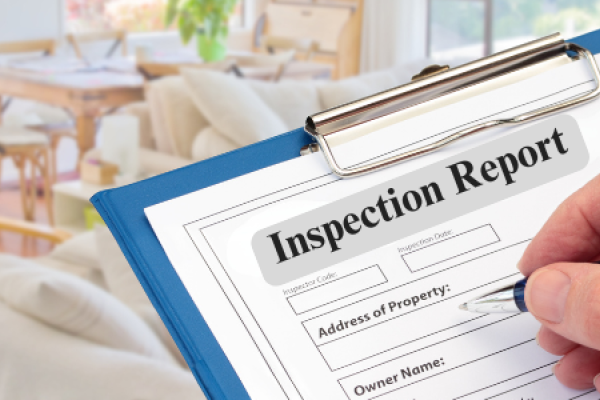About Tourism Accommodation Inspections
In Prince Edward Island, all paid short-term accommodation, that offers stays for a continuous period of less than one month must be licensed as a tourism establishment. An inspection is part of the licensing process as outlined in the Tourism Industry Act Regulations. Below you will find answers to frequently asked questions about inspections.
When are establishments inspected?
New Tourism Establishments: Each new establishment must be inspected before being licensed and accepting guests.
Renewing Tourism Establishments: All tourism establishments require an annual inspection. A tourism standards officer will visit existing tourism establishments during the operating season. Operators may continue to accept guests while waiting for an annual inspection.
What happens if my establishment is NOT inspected?
If your tourism establishment is not inspected within designated timeframes, you may have to restart the application process, may be subject to a $180 inspection fee and/or risk being closed to guests, if:
- you are a new operator who refuses an inspection at the available times; or
- you are an existing licensed operator who fails an inspection and does not pass a follow-up inspection before your current annual license expires.
How is the inspection booked?
A tourism standards officer will email you to book an inspection. If the suggested time does not work, you are responsible for rebooking promptly to ensure that your establishment meets the annual criteria.
What is required before the inspection?
At the time of your inspection, you must have an inspected and tagged fire extinguisher and the results from a recent water test. Neglecting to do so could result in an automatic failure and you may be subject to an additional $180 inspection fee to rebook a new inspection.

The Inspection
What does an inspector look for during a visit?
A tourism standards officer will visit to ensure that the establishment is safe, clean, in good condition and ready to accept guests. The inspection checklist includes, but is not limited to, the following:
- All building exteriors, fencing, walkways, etc. are in a good state of repair i.e., freshly painted, no holes or rotted wood, cottages are level, etc.;
- Decks are solid with standard handrails and no missing board(s), in compliance with the National Building Code of Canada;
- Stairways and exits are accessible and in a good state of repair;
- Interiors and contents are safe, clean and in a good state of repair;
- Dishes and appliances are clean, no holes in the flooring or furniture.
- Older items are acceptable, if whole and clean (without visible stains),
- All emergency lighting must work.

Health and Safety
- All hazardous chemicals are stored out of reach of small children.
- All mattresses and pillows must have protective covers and all bedding must be changed between guests to prevent bed bugs.
- Hot and cold water must be available in the unit/establishment (with the exception of wilderness campgrounds).
- There is no visible mould. If present, it must be removed following mould guidelines for the Canadian construction industry.
- The roof must be in good condition.
- There are no leaks from the roof or pipes that cause health and safety issues, e.g. mould.
- Best efforts must be taken to remove vermin or mice. If there are complaints, you may be required to hire pest control services to keep your license.
Fire Safety
- At a minimum, all operators must follow the Provincial Fire Act and its regulations and buildings must meet national building code requirements for egress and fire safety.
- All establishments must have fire extinguishers inspected and tagged annually.
- All electrical wiring must be professionally installed.
- All bedrooms must have egress windows.
As an operator, should you fail to follow any orders from the provincial fire marshal, your establishment could be closed.
Contact Industry Support
For more information about tourism licensing and inspection services, contact Industry Support. A staff member will direct your inquiry to the appropriate person.

